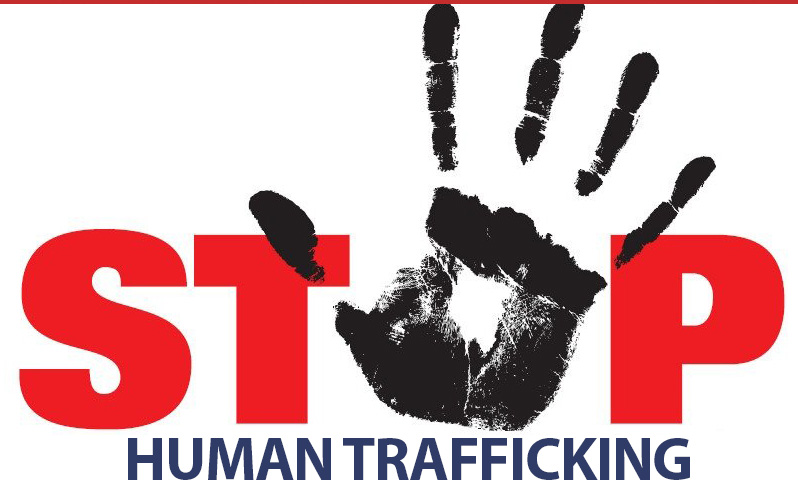Human Trafficking
What is human trafficking?
“Trafficking in persons,” “human trafficking,” and “modern slavery” are umbrella terms – often used interchangeably – to refer to a crime whereby traffickers exploit and profit at the expense of adults or children by compelling them to perform labor or engage in commercial sex. When a person younger than 18 is used to perform a commercial sex act, it is a crime regardless of whether there is any force, fraud, or coercion involved. The United States recognizes two primary forms of trafficking in persons: forced labor and sex trafficking.
Why does it matter?
NC State University opposes human trafficking in any form. Not only is human trafficking contrary to NC State’s core values, but is also illegal and therefore subject to prosecution under both North Carolina (N.C.G.S. § 14-43.11-15) and federal law (The Trafficking Victims Protection Act of 2000 and its subsequent reauthorizations). The U.S. Government has a zero-tolerance policy regarding Government employees, contractor personnel or their agents engaging in any form of trafficking in persons.
NC State University further complies with all applicable regulations regarding Combating Trafficking in Persons, including FAR 52.222-50 Combating Trafficking in Persons for Federally funded contracts and 2 CFR Part 175 Trafficking in Persons, for Federally funded Grants and Cooperative Agreements.
How does this affect the University?
Any employee of NC State found engaging in human trafficking as defined by North Carolina and federal law, will be subject to disciplinary action, separate from any potential state and/or federal prosecution, which may result in removal from the contract or grant, termination of employment, and other remedies imposed pursuant to federal contracting regulations.
NC State employees are expected to report any activity involving the trafficking of persons. NC State prohibits any retaliatory action against individuals who make a good-faith disclosure of suspected human trafficking activities.
Below are resources by which employees may report activity involving themselves and/or others:
NC State University Resources
- Submit an anonymous tip online through the Ethicspoint
- Template for FAR 52.222-50 Compliance Plan
National Human Trafficking Hotline
- Call their toll-free hotline 24/7 at 1-888-373-7888.
- Text at 233733.
- Chat via www.humantraffickinghotline.org/chat.
- Submit a tip online through the anonymous online reporting form.
- More than 200 languages (incluye español)
How can I learn more?
We encourage our employee community to further their awareness of human trafficking with the additional resources listed below:
- Human Trafficking in North Carolina (NC Department of Administration “DOA”)
- Labor Trafficking (1) & Exploitatión laboral (2) (NC DOA)
- Human Trafficking – Myths & Facts, Recognizing the Signs (National Human Trafficking Hotline)
- La rueda de poder y control de la trata de personas (National Human Trafficking Hotline)
- The Trafficking Victims Protection Act of 2000 Summary (U.S. Department of Justice)
